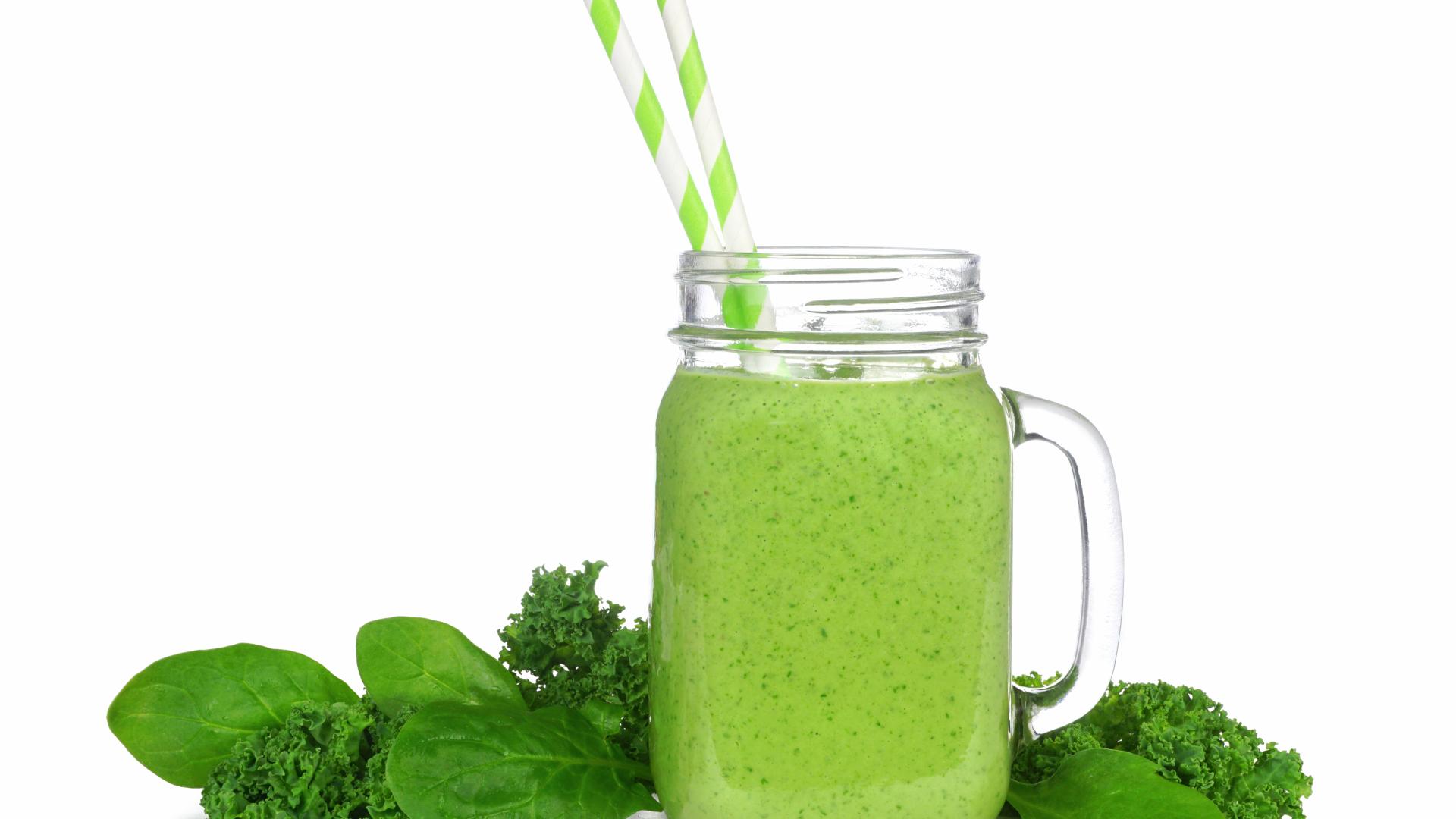Take Care of Your Brain
In the largest-ever randomized clinical trial devoted to Alzheimer’s prevention, results show that exercise, diet, and other behavioral changes significantly improved overall cognitive functioning in individuals at risk for Alzheimer’s disease after two years compared with controls.
While there is no cure for Alzheimer’s disease currently, a combination of social, mental, and physical stimulation may be the best way to keep Alzheimer’s at bay.

How to Keep Your Mind Active
Research suggests that staying mentally active may help preserve cognitive function. Children and young adults build up brain “reserves” by reading and undertaking mental challenges, and older adults can continue to build brain connections through stimulating activities. Building these cognitive reserves is a lifelong process.
A few activities to help form neural connections include:
- Reading progressively more challenging books
- Learning to play a musical instrument
- Studying a new language
- Creating art
- Playing board games, crosswords, and memory games
Memory Games
The brain loves puzzles (and so do we!). Play a round of Sudoku daily to keep your mind active.
Eating a Healthy Diet
Diet plays an important role in the development of many chronic diseases, such as Alzheimer’s and dementia. From mood to physical functioning, a healthier diet can protect cognitive function while also improving other aspects of health. Researchers, including numerous BrightFocus Alzheimer’s Disease Research grant recipients, are studying what foods have a positive (and negative) impact on brain health as we age.
Diets associated with brain health incorporate certain foods such as:
- Whole grains
- Fruits
- Vegetables
- Fish
- Nuts
Brain Boost Smoothie
This Brain Boost Smoothie is delicious, easy to make, and packed with brain-healthy flavonoids, vitamins E and K, folate, and curcumin.

Exercising and Brain Health
The brain benefits greatly from the increased blood circulation caused and sustained by regular physical activity. Discuss exercise plans with your healthcare provider to tailor an appropriate exercise program to your specific needs.
For people living with Alzheimer’s, suggested exercises can include:
- Walks with a companion
- Aerobic exercise classes at a senior center or local swimming pool
- Light gardening
For everyone else, get outside and moving! Find the exercises that you like best and stick to them.
More Ways to Reduce Your Alzheimer's Risk
Research suggests that lifestyle choices can support healthy brain aging and reduce Alzheimer’s disease risk.
Resources
Explore Brain Health Resources

Zoom In on Dementia & Alzheimer's
Can Non-Drug Interventions Really Reduce Your Risk of Alzheimer’s?
International brain health expert Dr. Laura Baker helps to decipher the best evidence-based lifestyle strategies for protecting your brain as you age.

Expert Information
Life Expectancy After an Alzheimer’s Disease Diagnosis
Learn about the many factors that affect average life expectancy after a diagnosis of Alzheimer’s disease.

Expert Information
Alzheimer’s Disease: The Magic of Pets
Pets can bring comfort and joy to individuals living with Alzheimer's disease, offering emotional and cognitive benefits.

Expert Information
Making Your Home Dementia Friendly
Discover room-by-room tips to make your home safe and dementia-friendly. Discover adjustments for better Alzheimer's care and living.

Expert Information
Do Statins Increase or Decrease Alzheimer’s Risk?
Learn why statins may both increase and decrease the risk of dementia symptoms.

Zoom In on Dementia & Alzheimer's
Can Alzheimer’s Be Prevented?
There is no wonder drug or miracle cure for Alzheimer’s and related dementias, but research studies show that lifestyle choices can cut down your risk.



